The role of digital marketing in today’s business world is bigger than ever before. In a digital-first era, where people spend hours scrolling through social media, shopping online, or searching on Google, businesses without an online presence simply get left behind.
Digital marketing is no longer just a trend—it has become the foundation of how brands build visibility, engage with audiences, and generate sales. Unlike traditional marketing methods that relied heavily on print, TV, or radio, digital marketing allows precise targeting, affordability, and measurable results.
In this blog, we’ll explore why the role of digital marketing is so essential in 2025, how it impacts businesses of all sizes, and what the future holds.
Table of Contents
The Evolution of Marketing
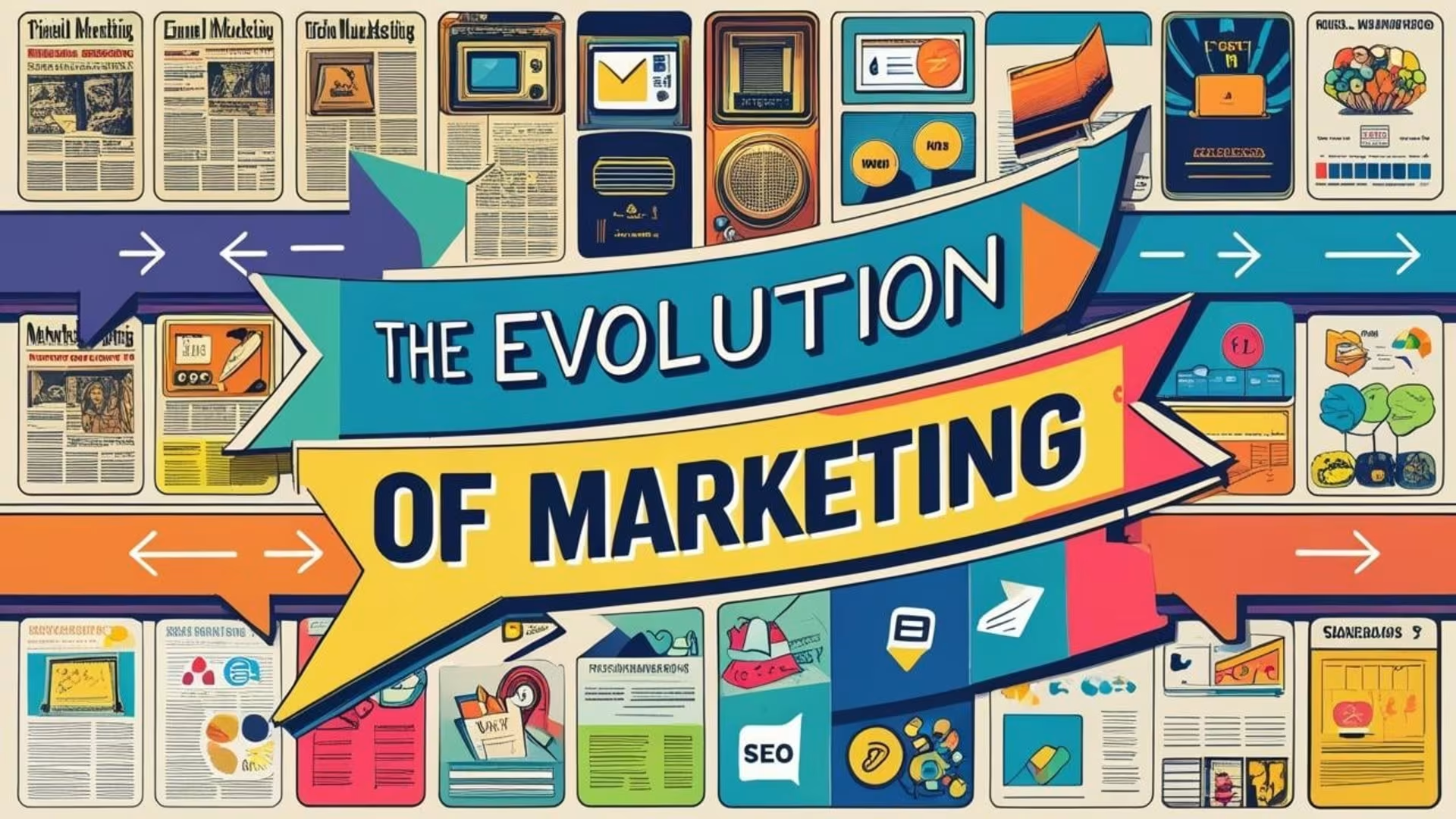
Marketing has changed drastically over the years. Traditional methods like newspapers, TV, and billboards once dominated. While effective in reaching mass audiences, these approaches lacked personalization and data tracking.
Digital marketing revolutionized this space by offering businesses the ability to connect with the right people at the right time. Instead of spending huge budgets on TV ads with no measurable impact, companies now invest in SEO, content marketing, social media, and paid ads where results can be tracked instantly.
With smartphones in nearly every hand and social platforms becoming part of everyday life, the role of digital marketing has expanded to being a necessity, not a choice.
Beyond simply reaching audiences, digital marketing has transformed how businesses understand and interact with customers. Analytics tools allow marketers to track visitor behavior, monitor engagement, and measure conversions across websites, apps, and social channels. This level of insight was impossible with traditional marketing, where businesses often relied on assumptions or surveys that provided delayed or incomplete data. Now, companies can test campaigns in real time, adjust messaging instantly, and optimize content for maximum effectiveness.
Another major evolution is personalization. Customers today expect relevant experiences, whether it’s seeing tailored ads, receiving custom email offers, or getting product recommendations based on past behavior. Digital marketing enables this level of customization through AI, automation, and advanced segmentation, ensuring that the right message reaches the right person at the right moment.
Moreover, the rise of influencer marketing, video content, and social commerce has created entirely new ways for brands to engage audiences. Platforms like Instagram, TikTok, and YouTube allow companies to build communities, tell compelling stories, and foster brand loyalty in ways traditional advertising never could.
Finally, digital marketing has lowered barriers for small businesses and startups. Previously, massive budgets were needed for TV or print campaigns to compete with established brands. Today, even a small local business can leverage digital channels to reach targeted audiences, grow brand awareness, and generate measurable results. This democratization of marketing has fundamentally reshaped competition, empowering businesses of all sizes to innovate, experiment, and thrive in the digital age.
The evolution of marketing is ongoing, and as technology continues to advance, businesses must stay agile, embrace new tools, and continuously adapt strategies to remain competitive and relevant in a fast-changing world.
Why the Role of Digital Marketing Matters
Digital marketing plays a vital role in business growth for several reasons:
Enhances Visibility
Businesses today need to be visible where customers are searching—whether on Google, Instagram, YouTube, or TikTok.It’s practically impossible to stand out without internet marketing.
Cost-Effective Advertising
Compared to traditional advertising, digital campaigns are far more affordable. Even with a small budget, businesses can target the right audience and achieve better ROI.
Precise Targeting
Unlike TV or newspaper ads, digital marketing allows targeting by age, interests, behaviors, and location. This ensures that marketing efforts reach people who are most likely to buy.
Measurable Results
Analytics is one of the most valuable aspects of digital marketing.. Brands can track engagement, clicks, conversions, and customer behavior in real-time.
Stronger Customer Engagement
Through email marketing, social media, and valuable content, businesses can build long-term relationships and create loyal customers.
Core Components of Digital Marketing
Increasing a website’s search engine rating is the aim of SEO.
Search Engine Optimization (SEO)
The purpose of SEO is to make a website rank higher in search engines. It drives organic traffic, improves credibility, and reduces dependency on paid ads.
Content Marketing
“Content is king” remains true in 2025. Blogs, articles, infographics, and videos provide value, attract visitors, and build brand authority.
Social Media Marketing
Social platforms are essential for brand awareness, customer interaction, and paid advertising. Businesses use Instagram, Facebook, LinkedIn, and TikTok to stay connected with audiences.
Pay-Per-Click Advertising (PPC)
PPC advertisements put companies in front of prospective clients right away.. This is a powerful way to drive immediate leads and sales.
Email Marketing
Emails are one of the most effective tools for customer retention.Customised newsletters and offers increase engagement and conversions.
Marketing with Influencers
Partnering with influencers builds credibility and trust, as people are more likely to believe recommendations from individuals they follow.
The Role of Digital Marketing in Small Businesses
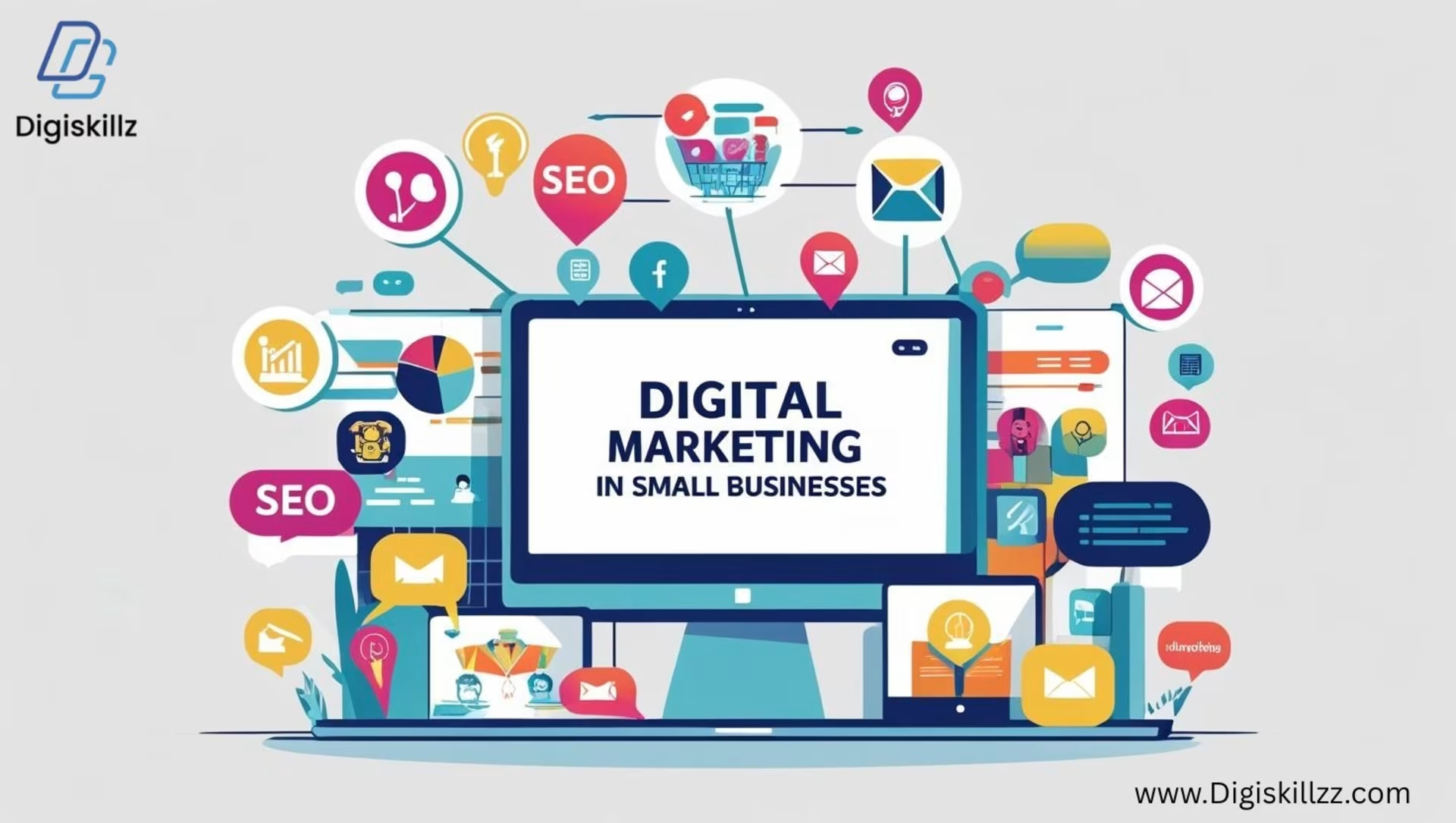
Since digital marketing creates an even playing field, small businesses gain the most from it. With limited budgets, they can:
Use local SEO to appear in nearby searches.
Run small-scale social ads targeting local customers.
Collect reviews and testimonials online to build trust.
For example, a small bakery can attract hundreds of new customers by optimizing its Google Business profile and posting engaging Instagram reels.
The Role of Digital Marketing in Large Enterprises
For large organizations, digital marketing is equally crucial. Big brands rely on digital tools for:
- Maintaining a global online presence.
- Running personalized campaigns for millions of customers.
- Using big data and analytics to refine marketing strategies.
For instance, Amazon and Netflix use AI-driven recommendations to engage users, proving how digital marketing drives retention and sales.
The Role of Digital Marketing in Startups
Startups often face challenges like low brand recognition and tight budgets. Digital marketing helps them:
- Create an identity through content and social media.
- Generate leads with targeted ads.
- Compete with established players using creative campaigns.
Many startups have gone viral overnight with innovative digital campaigns, gaining massive attention at minimal cost.
The Role of Digital Marketing in E-commerce
E-commerce is built on digital marketing. Without it, online stores wouldn’t survive.
- SEO brings organic visitors to product pages.
- Retargeting ads remind customers about abandoned carts.
- Email marketing nurtures relationships and drives repeat purchases.
A simple example: online retailers use abandoned cart emails to recover lost sales—sometimes increasing revenue by 20–30%
The Role of Digital Marketing in Education
Education institutions and e-learning platforms use digital marketing to:
- Recruit students worldwide through social ads.
- Promote online courses and webinars.
- Establish trust with informative blogs, videos, and testimonials.
This has made online education more accessible than ever before.
The Role of Digital Marketing in Healthcare
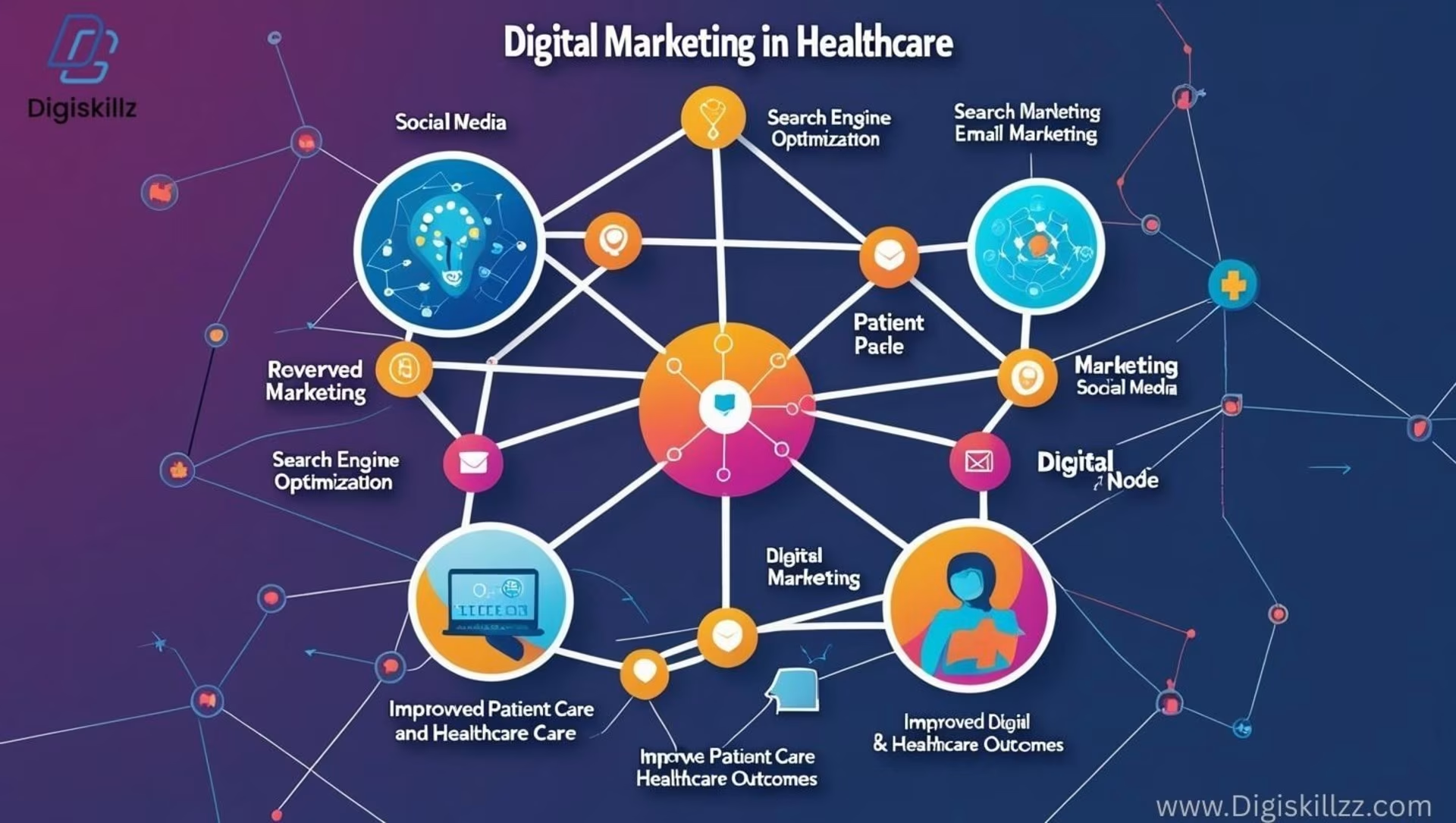
Healthcare providers now rely heavily on digital marketing. Hospitals, clinics, and telemedicine platforms use it to:
- Educate patients through blogs, videos, and infographics.
- Market healthcare services to a targeted audience.
- Collect and showcase reviews for trust-building.
Digital strategies have made patient engagement easier and more effective.
The Role of Digital Marketing in Real Estate and Finance
In real estate, digital marketing is used to display properties via virtual tours, 3D videos, and targeted ads. In finance, banks and fintech companies use digital campaigns to promote loans, credit cards, and savings plans.
Both industries benefit from precise targeting and measurable ROI.
The Role of Digital Marketing in Brand Building
One of the most underrated yet powerful aspects of digital marketing is its ability to build a strong brand identity. Consumers no longer just buy products; they buy stories, values, and trust.
Through consistent content, engaging social media posts, and targeted campaigns, businesses can create a unique identity that resonates with their audience. A good example is how Nike leverages digital campaigns not just to sell shoes but to inspire people with motivational stories.
Brand building via digital marketing ensures loyalty, recognition, and long-term success.
The Role of Digital Marketing in Customer Journey Mapping
Today’s customers rarely buy after seeing just one ad. They go through several phases, including awareness, deliberation, and decision-making.
Digital marketing enables companies to assist clients on this path by:
Stage of awareness: advertisements, social media posts, and SEO blogs present the brand.
Stage of consideration: Videos, case studies, and client endorsements establish credibility.
Decision stage: Retargeting ads, special offers, and email campaigns push conversions.
By aligning digital marketing with customer journeys, businesses can significantly improve conversion rates.
The Role of Digital Marketing in Reputation Management
In a digital-first world, reputation is everything. Customers often read reviews, check ratings, and follow online discussions before making a purchase.
Digital marketing helps businesses manage their reputation by:
- Responding quickly to customer queries and complaints.
- Highlighting positive reviews and testimonials.
- Creating transparent and authentic content that builds trust.
A single bad review can impact a business, but with the right digital strategies, brands can protect and enhance their online image.
The Role of Digital Marketing in Customer Retention
Getting new customers is important, but retaining them is even more profitable. Digital marketing plays a key role in keeping customers engaged and loyal.
Methods include:
- Personalized email campaigns.
- Exclusive loyalty discounts shared on social media.
- Engaging post-purchase content like “how-to” videos or care tips.
When customers feel valued, they are more likely to make repeat purchases, recommend the brand, and stay engaged long-term.
Digital Marketing Challenges and Effective Ways to Address Them
While digital marketing offers countless benefits, it also comes with challenges:
High competition: With so many businesses online, standing out is tough.
Changing algorithms: Google, Facebook, and Instagram frequently update their algorithms.
Ad fatigue: Customers often ignore repetitive or irrelevant ads.
To overcome these, businesses need to:
Continuously innovate with fresh campaigns.
Stay updated with industry trends.
Focus on personalization and storytelling to connect authentically.
Customer Engagement Through Digital Marketing
One of the most powerful aspects of digital marketing is its ability to engage customers. Businesses use:
Personalized recommendations powered by AI.
Chatbots for instant customer support.
Social media polls and contests for interaction.
When customers feel recognized, their loyalty strengthens.
The Power of Data & Analytics
Businesses can gain insights from digital marketing that are not possible with traditional approaches, companies can:
Measure website visits.
Track conversions.
Optimize campaigns in real-time.
Calculate exact ROI.
This ensures every dollar spent is optimized for maximum return.
In addition, data and analytics allow businesses to identify trends, understand customer behavior, and make informed decisions quickly. By analyzing patterns such as which pages attract the most traffic or which ads generate the highest engagement, companies can refine their strategies for better results. Furthermore, predictive analytics and AI tools can forecast future customer actions, helping businesses plan campaigns proactively and maintain a competitive edge in a rapidly changing digital environment.
Future of Digital Marketing
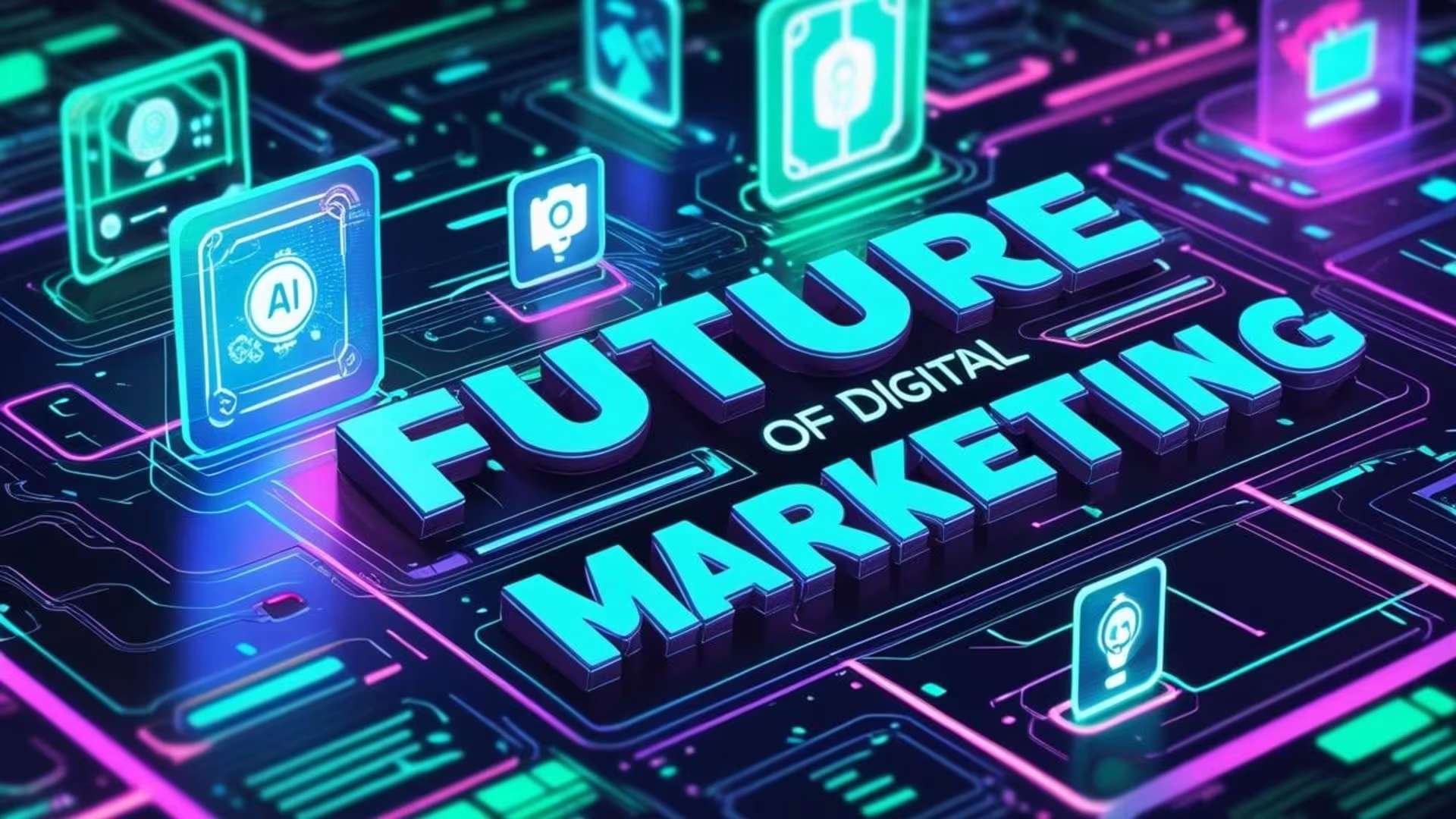
With emerging technologies transforming tactics, the future of digital marketing is bright:
Artificial Intelligence
AI is powering predictive analysis, chatbots, and smart ad targeting.
Voice Search
More people now use Alexa, Google Assistant, and Siri, making voice optimization essential.
Augmented & Virtual Reality
Immersive AR/VR experiences are becoming a part of retail, real estate, and education.
Hyper-Personalization
Marketing is moving towards ultra-personalized strategies where every customer gets a unique experience.
Conclusion
The role of digital marketing is no longer optional—it is essential for survival and growth in the competitive business world. From small startups to global enterprises, digital strategies ensure visibility, engagement, and profitability.
As we move deeper into 2025, businesses that invest in digital marketing will thrive, while those ignoring it risk fading into obscurity. Simply put, digital marketing is not just the future—it is the present.
Moreover, digital marketing offers businesses the ability to measure and analyze their performance in real time, enabling data-driven decisions that improve ROI and optimize campaigns. Companies can engage with their audience through multiple channels such as social media, email, search engines, and websites, creating personalized experiences that build trust and loyalty. By leveraging tools like SEO, PPC, content marketing, and influencer collaborations, businesses can reach the right audience at the right time, increasing conversion rates and driving growth.
Furthermore, digital marketing allows organizations to adapt quickly to changing market trends, customer preferences, and emerging technologies like AI, AR/VR, and voice search. Those who embrace these innovations can maintain a competitive edge, strengthen brand authority, and foster long-term relationships with their customers, ensuring sustainable success in an increasingly digital world.
AUTHOR ; Afhan
Learner of DigiSkillz, Digital Marketing Institute in Kochi.


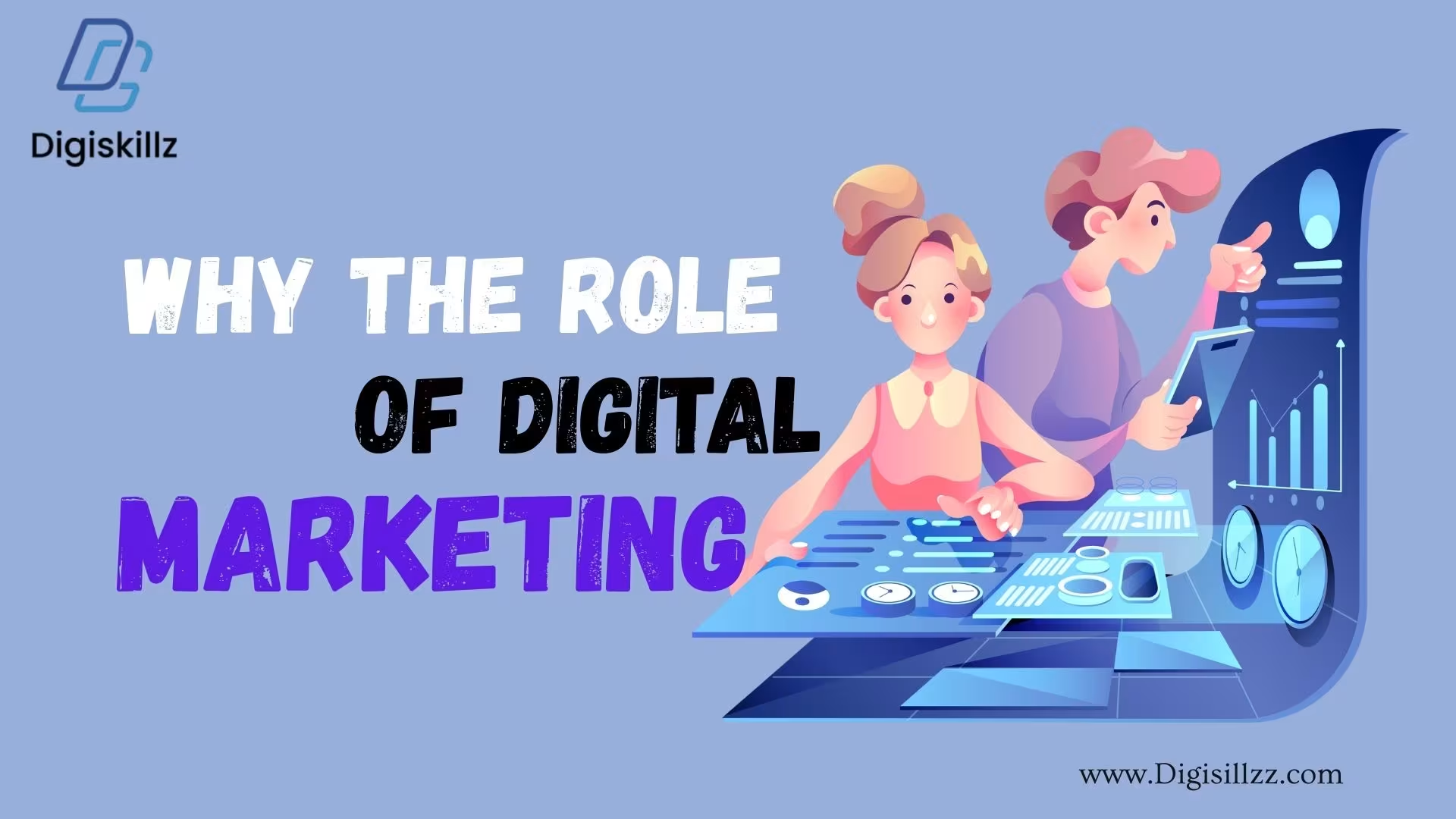
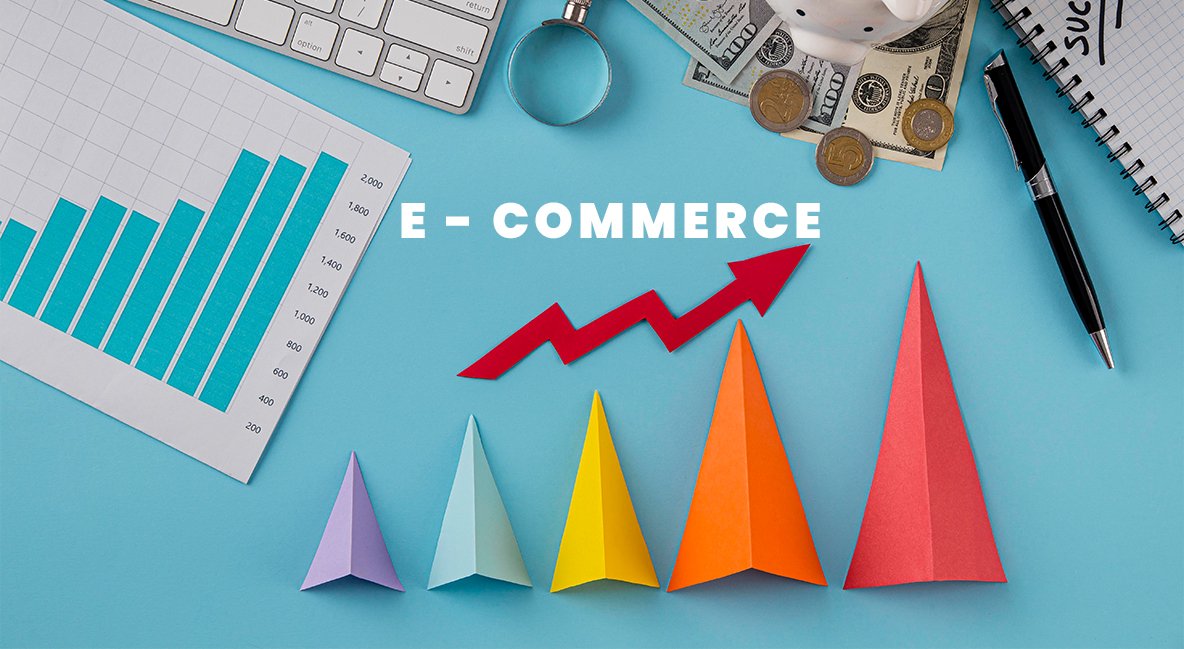

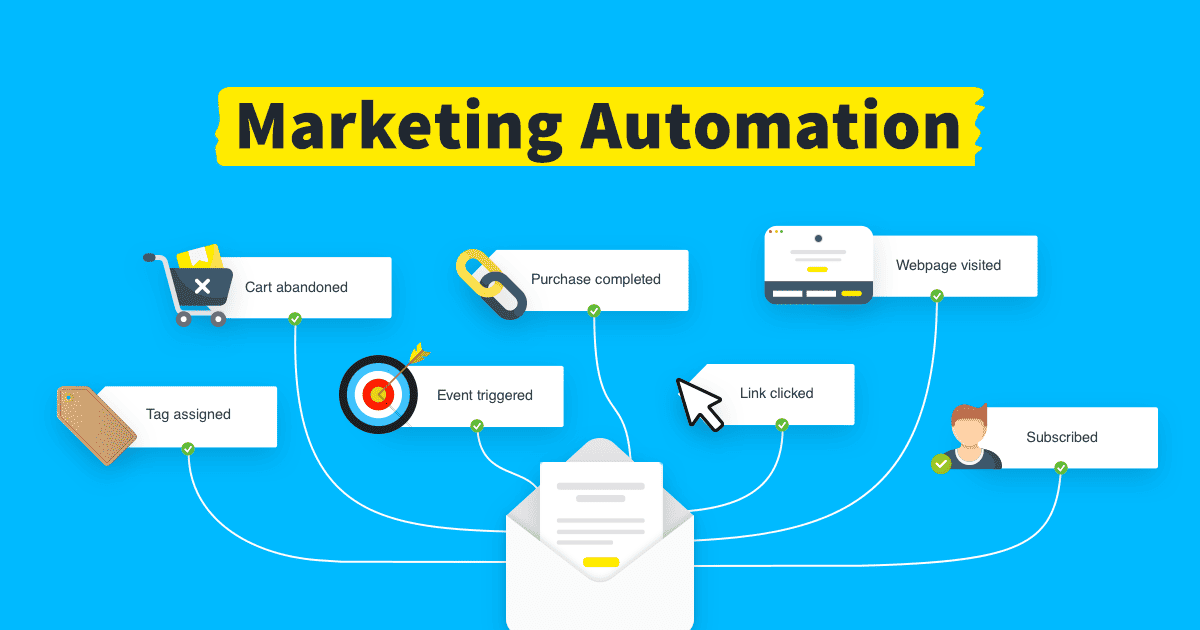

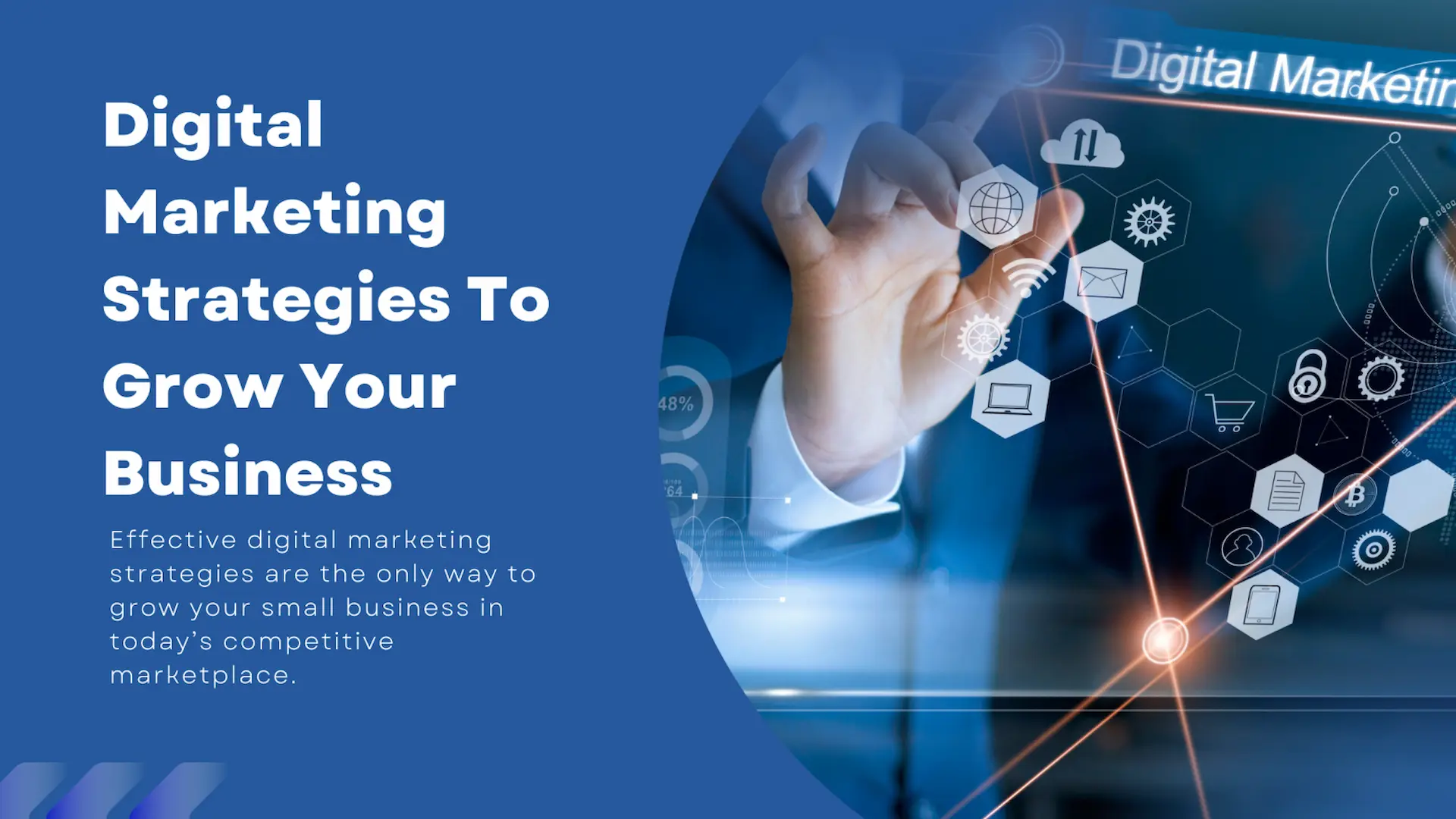
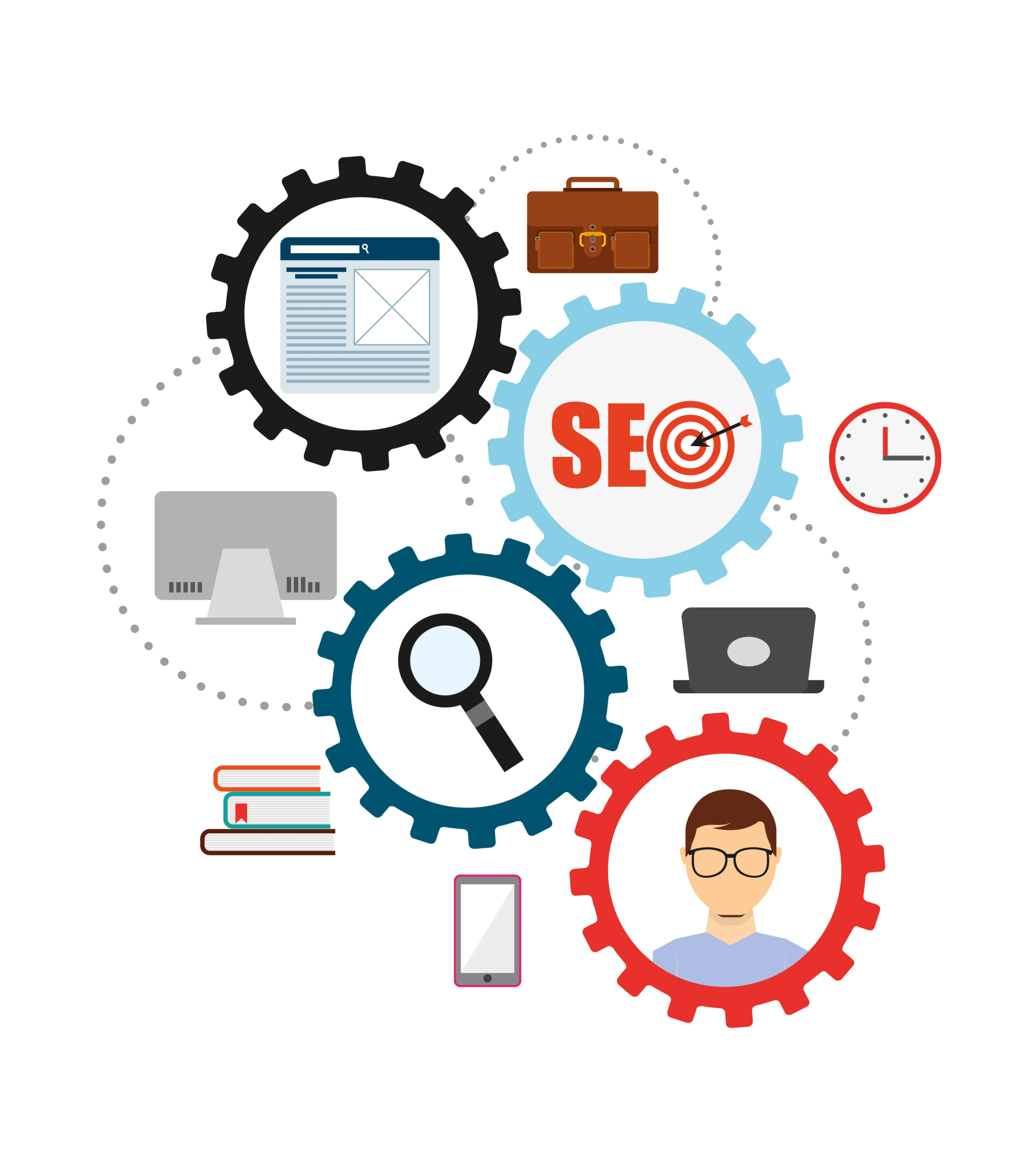


Leave A Comment